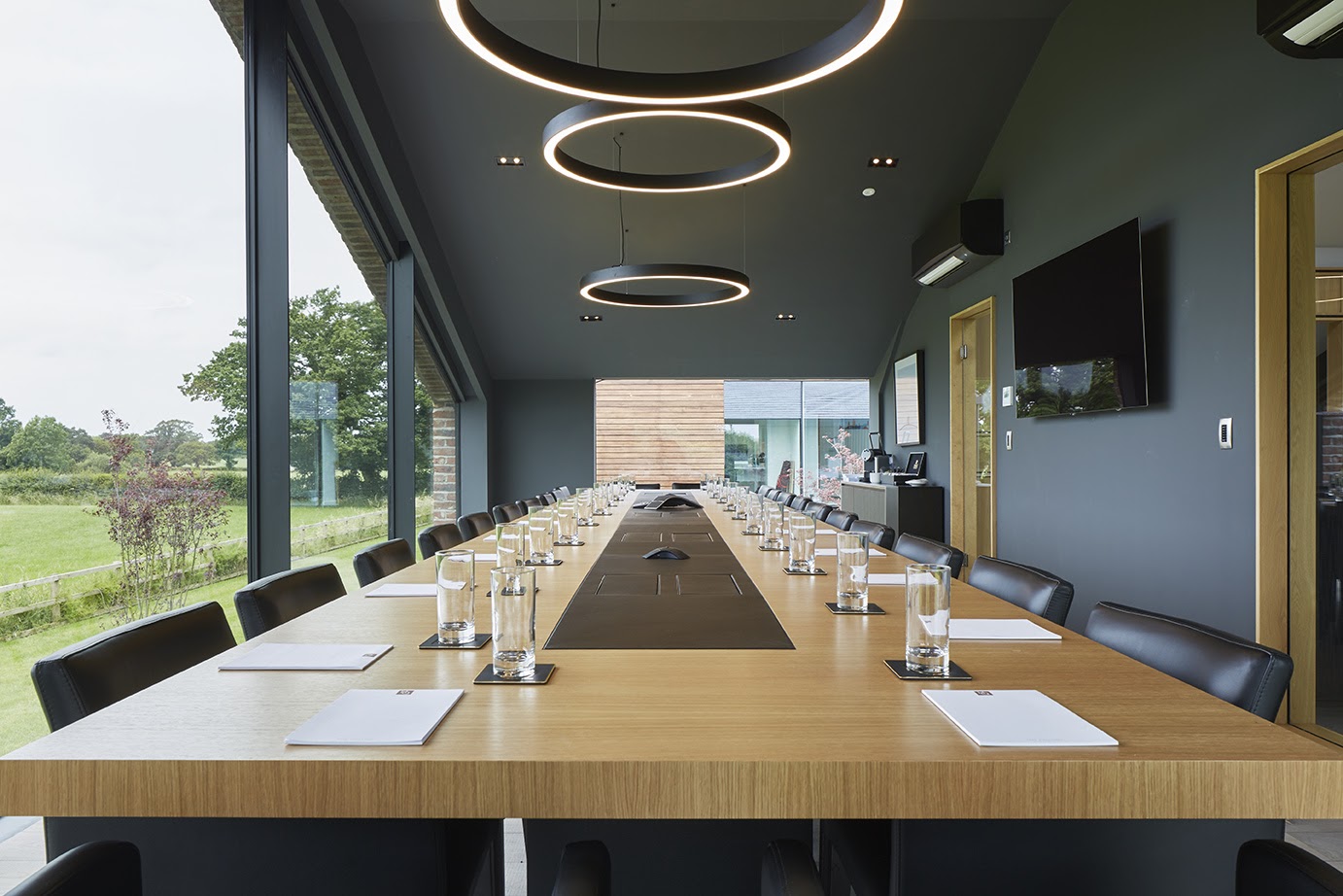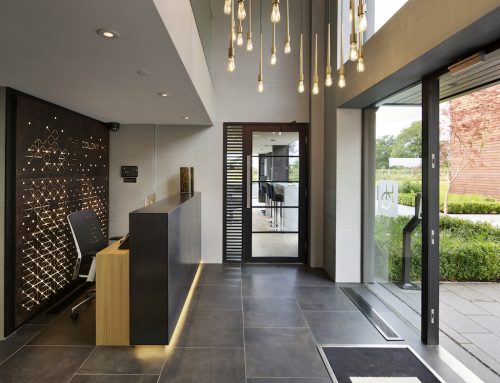The world of business is changing. The days when a commercial organisation was inevitably defined by a set of premises in a fixed location – a shop you could visit, a set of offices, a factory, warehouse, depot or other type of operational facility – are gradually slipping away.
Thanks in no small part to digital technology, 21st century business has been able to decouple itself from geography. We now have flourishing retail empires without a single shop in sight, corporations that have workforces dispersed in dozens of different locations, entire enterprises that, for all intents and purposes, exist in the virtual realm of the internet only.
In so many ways, no longer having the same necessity to invest in expensive real estate for your business is great – it makes businesses more nimble and dynamic, not to mention the cost savings. But this does create one particular problem – when it comes to face-to-face interaction, getting colleagues together for meetings, hosting clients for crucial negotiations – where do you go?
That is why the market for hired meeting venues is flourishing. The great thing about this is that there is now more choice for businesses as to where they host their events than ever before. For everything from small team get-togethers to large-scale conferences, there is a meeting space out there that is perfect for your purposes, equipped with everything you need to make the occasion go swimmingly.
But that raises another question – how do you sort the wheat from the chaff when it comes to choosing a meeting space?
Narrowing down
If you are looking at external meeting venues, one thing most businesses will want to avoid is a long drawn out process researching different options and trying to narrow them down to the best one. So it makes sense to take a structured approach, and the first thing is to do is restrict your options by applying some fairly obvious search criteria.
For example, you will probably want to start with location. If people are travelling from lots of different places, it makes sense to pick somewhere as close to central as possible. That way you will avoid grumbles from people who have to travel further than others and it increases the chances of everyone turning up. This might be balanced out if the majority of the people attending are all coming from one place – in that case, you can justify choosing a venue that is most convenient to them.
Good transport links are another factor to consider. The closer a prospective venue is to a motorway, major rail hub or even an airport, the better for everyone.
Once you have a general geographic area in mind, you can start to whittle down your options by size and cost, which tend to go hand in hand. For example, there is no point forking out for a huge auditorium is there will only be 10 people attending the meeting – you can usually save yourself money by narrowing down meeting spaces by venue capacity.
On the other hand, it is important to make sure that your budget for hiring a meeting space reflects what you want to get out of it. If, for example, there will be presentations or you want to dial-in participants via teleconference, you will have to make sure the venue has the right equipment to support this – screens, conference phones and so on.
It’s also worth weighing up the aesthetic qualities of the venue and the amenities available – if you are hosting clients or business partners, for example, you want to create the right impression with comfortable, pleasant surroundings.
Speak to us
For state-of-the-art equipped meeting spaces in the gorgeous Cheshire countryside just a short hop from the centre of Manchester, The Colony HQ has all bases covered. Why not get in touch with us and arrange a visit to see for yourself.




